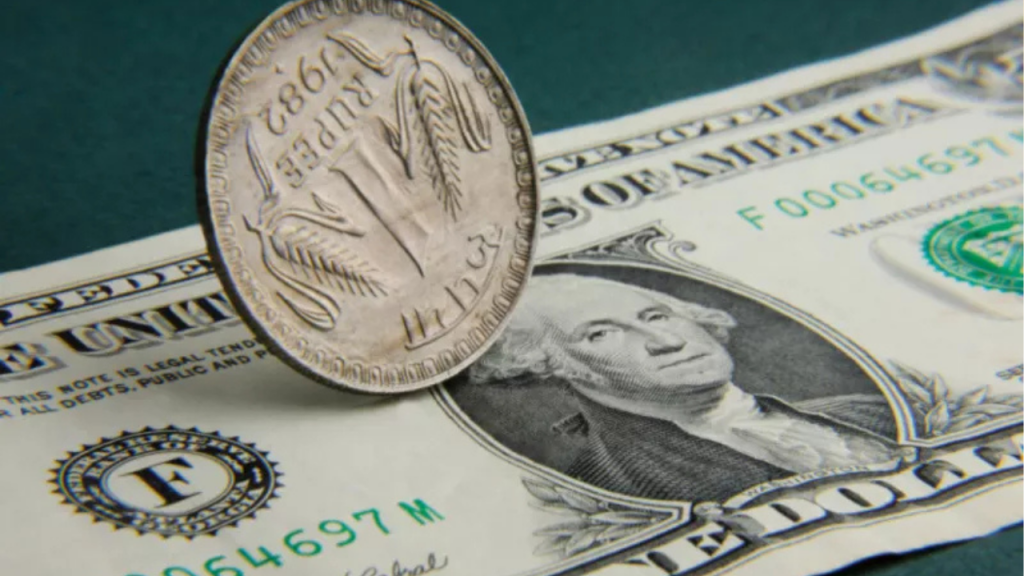For Non-Resident Indians (NRIs), Indian mutual funds present an attractive avenue for long-term wealth creation, retirement planning, and financial diversification. However, one crucial element often overlooked is exchange rate risk—the impact of fluctuating currency values on investment returns. This blog explores how NRIs can strategically manage currency risks and safeguard their investments in mutual funds.
What is Exchange Rate Risk?
Exchange rate risk, also known as currency risk, refers to the financial exposure arising when investments are affected by changes in the relative value of currencies. When NRIs invest in Indian mutual funds—denominated in Indian Rupees (INR)—they may face gains or losses based purely on the currency conversion rate at the time of redemption or repatriation.
For example, if the INR weakens against your home currency (like USD, GBP, CAD), your returns may decrease when converting them back. If the INR strengthens, you may benefit from a favorable exchange rate.
Check Out: PIS Investment Guide for NRIs: Unlock Profitable Opportunities in Indian Markets
What Causes Currency Fluctuations?
Currency values are constantly changing due to a variety of factors including:
- Global economic indicators like inflation, GDP growth, and trade balances
- Political stability and policy changes in India and the investor’s resident country
- Central bank interest rate changes and interventions
- Global demand for INR and foreign investment flows
Understanding these factors helps in better timing investments and repatriation decisions.
How NRIs Can Manage Exchange Rate Risks
Here are smart, actionable strategies to reduce exposure to currency volatility:
1. Diversify Geographically and Across Asset Classes
Avoid putting all your capital into one region or currency. Consider allocating funds across Indian equity and debt mutual funds, international mutual funds, and fixed income securities in your resident currency. This balanced diversification cushions the blow from any one currency movement.
2. Use Currency-Hedged Mutual Funds
Some mutual funds offer hedged options that aim to protect investors from currency risk. While they may come with slightly higher costs, they provide peace of mind during volatile periods.
3. Time Your Repatriation Wisely
Keep an eye on forex trends before converting INR to your home currency. Sometimes, waiting for favorable rates or using forex experts to lock in rates can protect your gains.
4. Set Realistic Return Expectations
Factor in possible exchange losses when calculating expected returns. Planning conservatively can help avoid disappointment.
Check Out: Top Mutual Funds That Doubled Wealth: Discover the Best Performing Investments for Long-Term Growth
Tax Planning for NRIs: Don’t Let Taxes Eat Up Gains
Understanding the tax structure in India and your resident country is key. Here’s what to keep in mind:
- Capital gains tax in India applies on mutual fund redemptions
- Double Taxation Avoidance Agreements (DTAAs) can help you avoid paying tax on the same income in both countries
- Long-term and short-term capital gains are taxed differently depending on the holding period and the type of mutual fund (equity or debt)
Tip: Work with a tax advisor who specializes in NRI finances to ensure full compliance and optimize deductions.
Why Professional Guidance Matters
Exchange rates and taxation laws are complex and can shift rapidly. Collaborating with certified financial advisors, NRI-specialized tax consultants, and trusted mutual fund distributors can ensure your investments are efficient, compliant, and strategically protected from currency risks.
Stay Smart, Stay Secure
Managing Exchange Rate Risks in NRI Mutual Fund Investments is essential for long-term success. By adopting smart strategies—diversification, hedging, informed timing, and expert consultation—NRIs can confidently invest in Indian markets without being blindsided by forex swings.
Currency fluctuations may be unpredictable, but your financial future doesn’t have to be.
